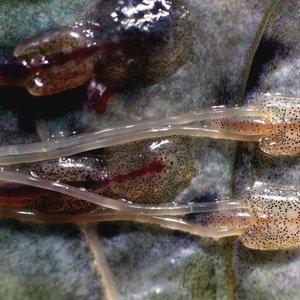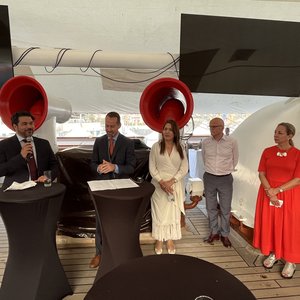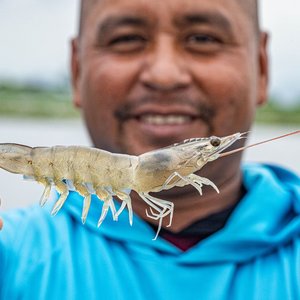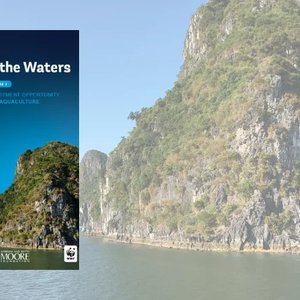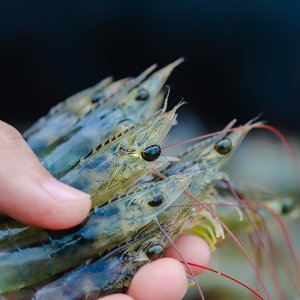Abstract
As the Mediterranean production of marine cultured fish increases, the demand for good quality seed has been continuosly arising. To satisfy that increasing demand spawning quality and seed production success must be improved by controlling the nutritional quality of broodstock diets and first-feeding regimes.
Gonadal development and fecundity in fish are greatly affected by broodstock nutrition in several fish species.
During the last decade, increasing attention has been paid to the role of different components of broodstock diets such as protein, essential fatty acids, vitamin E, vitamin C, carotenoids and phosphoglycerides. Some authors have also studied the nutritional quality of raw components used in broodstock diets for these species. However, few of them deal with Mediterranean fish species. A considerable amount of research has been devoted lately to study the nutritional requirements of marine fish larvae. Comparison of the biochemical composition of eggs and larvae at different stages, patterns of loss and conservation of nutrients during feeding and starvation, and feeding experiments controlling live-prey or microdiets nutrient composition are some of the most frequently used methods to study nutritional requirements of marine fish larvae. Most of this research effort was initially related with the essential fatty acid (EFA) requirementsof fis larvae, as early studies showed that one of the principal factors affecting the nutritional value of live prey for marine fish larvae was their EFA content. Only very few studies have been dedicated to the study of the dietary phosphoglyceride or fat-soluble vitamin requirement of marine fish larvae, and the nutritional role of other fat soluble compounds such as pigments are still mostly unknown.
Keywords
Fish, nutrition, broodstock, feeding, larvae, marine
Authors
M.S. Izquierdo a, H. Fernandez-Palacios b
a Dpto Biologia, Fac. Ciencias del Mar, Tafira Baja, 35017 Las Palmas, Canary Islands, Spain ´
b Instituto Canario de Ciecias Marinas, Apdo. 56, Telde, 35200 Las Palmas, Canary Islands, Spain
Publication
CIHEAM - Options Mediterraneennes
Download article from the CIHEAM website (PDF)
nutritional-requirements-of-marine-fish-larvae-and-broodstock


